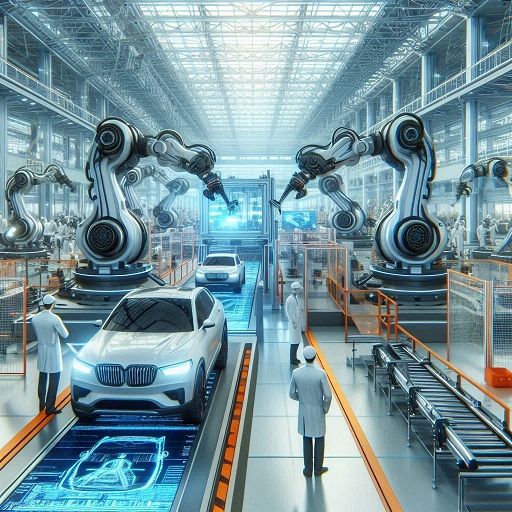Process automation refers to the use of technology to perform tasks without human intervention. It is a critical component in modern manufacturing and service industries, improving efficiency and accuracy. This article explores the role of process automation and instrumentation companies, highlighting leading players, technologies, and future trends.

Overview of Instrumentation in Automation Industry
Instrumentation involves the tools and devices used to measure and control various parameters in industrial processes. The synergy between automation and instrumentation is vital for creating efficient, reliable, and scalable systems.
Definition and Key Concepts
Instrumentation encompasses a range of tools, including sensors, controllers, and analyzers, designed to monitor and control physical variables such as temperature, pressure, and flow. These instruments are crucial for maintaining optimal performance in automated systems.
Benefits of Process Automation
The benefits of process automation include reduced operational costs, improved accuracy, and enhanced safety. Automation minimizes human error, speeds up production, and provides real-time data for better decision-making.
Several companies have established themselves as leaders in the process automation and instrumentation sector.
Top Global Players
- Siemens – Renowned for its comprehensive automation solutions and advanced control systems.
- Schneider Electric – Offers a range of automation products, including programmable logic controllers (PLCs) and supervisory control and data acquisition (SCADA) systems.
- Honeywell – Provides process control and instrumentation solutions for diverse industries.
Unlock the potential of your business with leading process automation and instrumentation solutions from top companies in the industry.
Regional Leaders
- Emerson Electric – A significant player in North America, offering advanced instrumentation and automation solutions.
- Yokogawa Electric – A leading company in Asia, known for its process control and measurement instruments.
Key Technologies in Process Automation
Technological advancements drive the evolution of process automation, offering new capabilities and improvements.
Control Systems
Control systems, including PLCs and distributed control systems (DCS), are essential for managing automated processes. They ensure that operations are executed correctly and efficiently.
Sensors and Actuators
Sensors collect data on various process parameters, while actuators adjust process variables based on this data. Together, they enable precise control and monitoring of industrial processes.
Software Solutions
Automation software, including SCADA and manufacturing execution systems (MES), provides real-time data analysis and process management, facilitating informed decision-making.
Trends and Innovations
The field of process automation is continually evolving, with several trends shaping its future.
Industry 4.0 Integration
Industry 4.0 represents the next phase of industrial evolution, characterized by the integration of cyber-physical systems, IoT, and smart technologies into manufacturing processes.
Advances in AI and Machine Learning
Artificial intelligence (AI) and machine learning are revolutionizing process automation by enabling predictive maintenance, optimization, and advanced analytics.
process automation and instrumentation companies play a crucial role in modern industries. They provide essential tools and technologies that drive efficiency, safety, and innovation. As technology continues to evolve, these companies will remain at the forefront of industrial progress.
